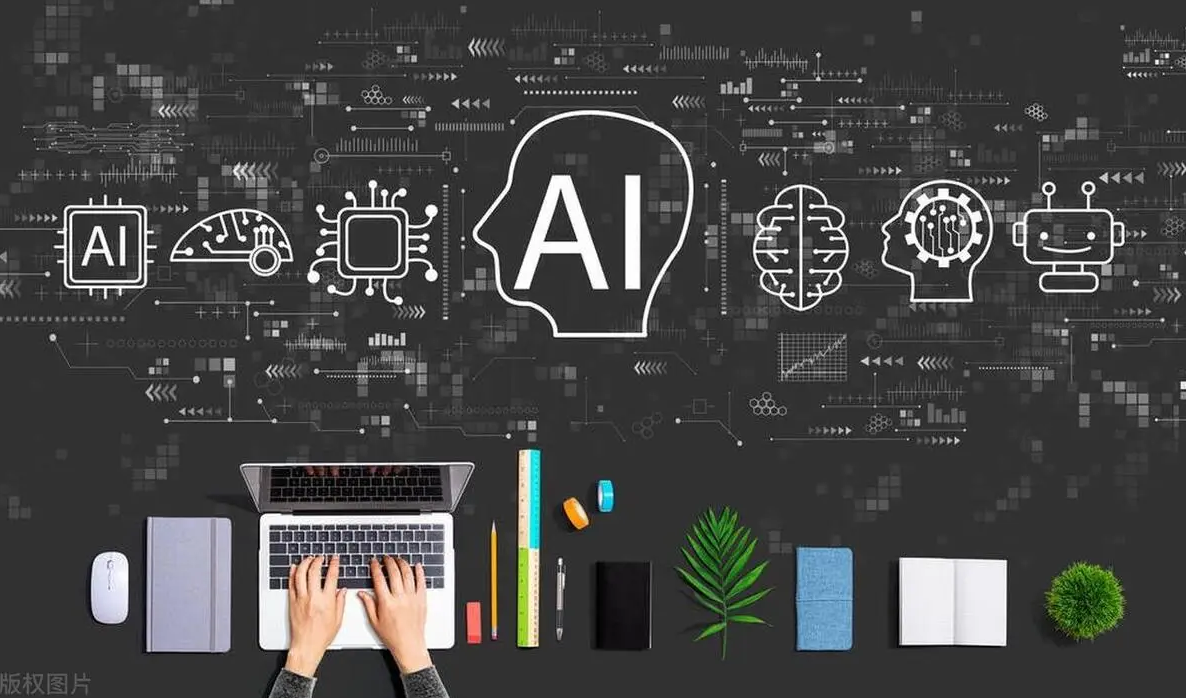Asia News International (ANI) recently brought OpenAI to the Delhi High Court, accusing it of using ANI content to train AI models and generate false information without authorization. This move may establish new laws for global artificial intelligence companies in handling copyrighted news content. standard. This case has attracted widespread attention and involves many important issues such as copyright, the source of AI model training data, and the spread of false information. The editor of Downcodes will explain in detail the progress of the case and the views of both parties.
Asia News International (ANI), one of India's largest news organizations, recently filed a lawsuit against OpenAI in the Delhi High Court, accusing it of illegally using the organization's content to train AI models and generating false information. This case is considered to be likely to set new legal standards for global artificial intelligence companies in handling copyrighted news content.

During the court hearing on Tuesday, Judge Amit Bansal issued a subpoena to OpenAI after OpenAI confirmed that ChatGPT did not access ANI's website. The court stated that as the case involved complex issues, it would not consider issuing an injunction for the time being and would need to conduct a detailed trial. The next court hearing is scheduled for next year.
An OpenAI spokesperson told TechCrunch: “We attach great importance to cooperation with news organizations in our product and design processes. We are actively collaborating constructively with many news organizations around the world, including in India. , discuss opportunities, listen to feedback, and work together.”
The lawsuit is part of growing global pressure on AI companies to use copyrighted material. OpenAI currently faces more than ten similar lawsuits in the United States, as well as two in Canada and one in Germany.
OpenAI attorney Amit Sibal defended the company, saying copyright law does not protect facts and noting that ChatGPT allows sites to opt out of data collection. He also mentioned that OpenAI does not have servers in India and therefore argued that the case lacked jurisdiction.
However, ANI's lawyer Sidhant Kumar countered that public availability does not mean free use of the content. ANI has expressed concern over this, especially the false information ChatGPT attributed to the agency in fictitious interviews, including non-genuine conversations with current party rival Rahul Gandhi.
In its complaint, ANI noted that this “hallucination” phenomenon posed a real threat to its reputation, stressing that the spread of fake news could lead to public disorder. The court plans to appoint an independent expert to consult on the copyright implications of AI models using publicly available content. The judge will further examine the technical details of how news content is spread across multiple platforms in future hearings.
The outcome of this lawsuit between ANI and OpenAI will have a profound impact on how artificial intelligence companies use public information on the Internet, and will also provide an important reference case for the compliance development of AI technology in the future. We will continue to pay attention to the subsequent progress of this case and provide you with timely reports.